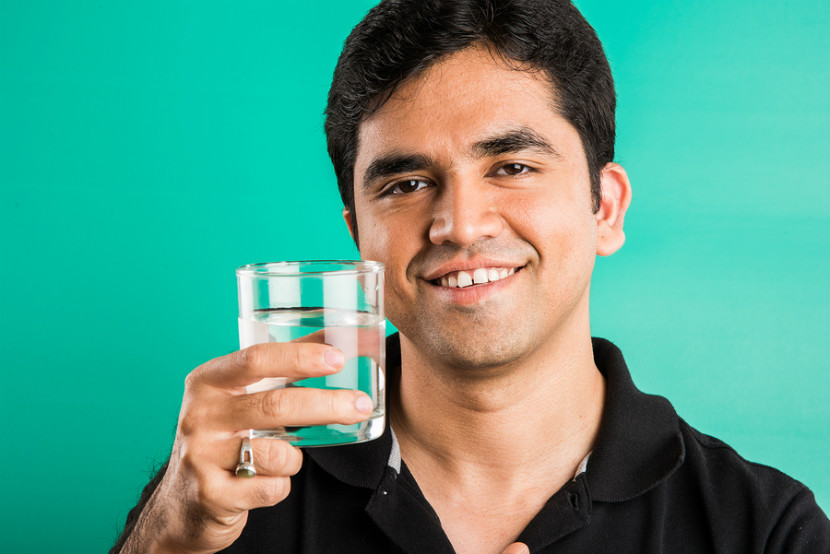
Are you at risk for kidney stones? Read on to learn more about the causes of kidney stones and how to prevent them through changes to your diet.
What are kidneys?
The kidneys are the organs in your body that filter your blood and produce urine.
What are kidney stones?
Kidney stones are small, hard pieces of material that form in the kidneys. There are four main types of kidney stones:
The tips in this article focus on calcium and uric acid kidney stones.
What are the symptoms of kidney stones?
Many people with kidney stones will not have any symptoms. Small stones may pass through the body without causing any pain. Large stones may block the flow of urine and cause extreme pain in your lower back or side. Symptoms often appear once the stone starts making its way to the bladder from the kidney. Symptoms can include pain when trying to urinate, urgent need to urinate, urinating more often than usual, blood in the urine, cloudy or smelly urine, nausea, vomiting, fever and chills.
Am I at risk of getting kidney stones?
You may be at increased risk if you:
-
Have had kidney stones in the past
-
Have a family history of kidney stones
-
Are a male
-
Do not get enough fluid and are regularly dehydrated
-
Eat too much protein, sodium and sugar
-
Are carrying extra weight
-
Have a digestive disease such as Inflammatory Bowel Disease (IBD)
-
Have had surgery such as gastric bypass surgery
How can I prevent kidney stones?
You can help prevent kidney stones with these tips:
-
Drink at least 2.5 litres (10 cups) of fluid per day. Most of your fluid should come from water and can also include milk, fortified plant-based beverages, coffee and tea. Maintain a weight that is healthy for you.
-
Follow a healthy eating pattern like the DASH diet. This diet is low in sodium and high in potassium and citrate, which help prevent kidney stones.
-
Meet your calcium needs from food. If you can’t get enough calcium from foods, talk to your dietitian or health care provider about a supplement.
-
Limit animal protein to 6 ounces or 180 grams per day. Choose plant-based source of protein more often, such as beans, lentils and soy.
-
Limit the amount of sodium (salt) you eat to 2300 mg per day. Read more about how to eat less sodium here.
-
Meet your vitamin C needs through food. Taking more than 1000 mg of vitamin C from a supplement can increase your risk of kidney stones.
-
If you eat a high-oxalate food, have a calcium-rich food or beverage, such as milk, fortified plant-based beverage, yogurt or cheese at the same time. Calcium binds oxalates so that they are not absorbed into your urine. Examples of foods that are high in oxalates include: spinach, okra, beets, Swiss chard, star fruit, rhubarb, dried figs, peanuts, pecan, almonds, hazelnuts, soybeans, tofu, black tea, wheat bran, buckwheat and dark chocolate.
How are kidney stones treated?
Treatment options for kidney stones depend on the type and size. Small stones often pass without treatment or with pain medication. Larger stones can be broken down using various methods done by a urologist or may require surgery.
When should I see my health care provider?
It’s important to speak with your health care provider if you are experiencing any of the following symptoms:
How can a dietitian help?
A dietitian can help you plan meals and snacks that help you prevent kidney stones while at the same time consider your preferences, medical history, culture and goals. Your dietitian will give you personalized advice on increasing your fluid intake, reducing your sodium, including more plant-based proteins and more. Connect with a dietitian today!
Bottom line
Drinking enough fluid and following a nutritious diet are just some of the ways you can help prevent kidney stones. If you have had kidney stones, it’s important to know which type so you can prevent future stones from occurring. If you are concerned or experience pain, speak with your health care provider.
You may also be interested in:
Food Sources of Calcium
Find Out More About Gout
Top 5 Reasons to See a Dietitian
This article was written and reviewed by dietitians from Dietitians of Canada. The advice in this article is intended as general information and should not replace advice given by your dietitian or healthcare provider.
Last Update – January 15, 2023